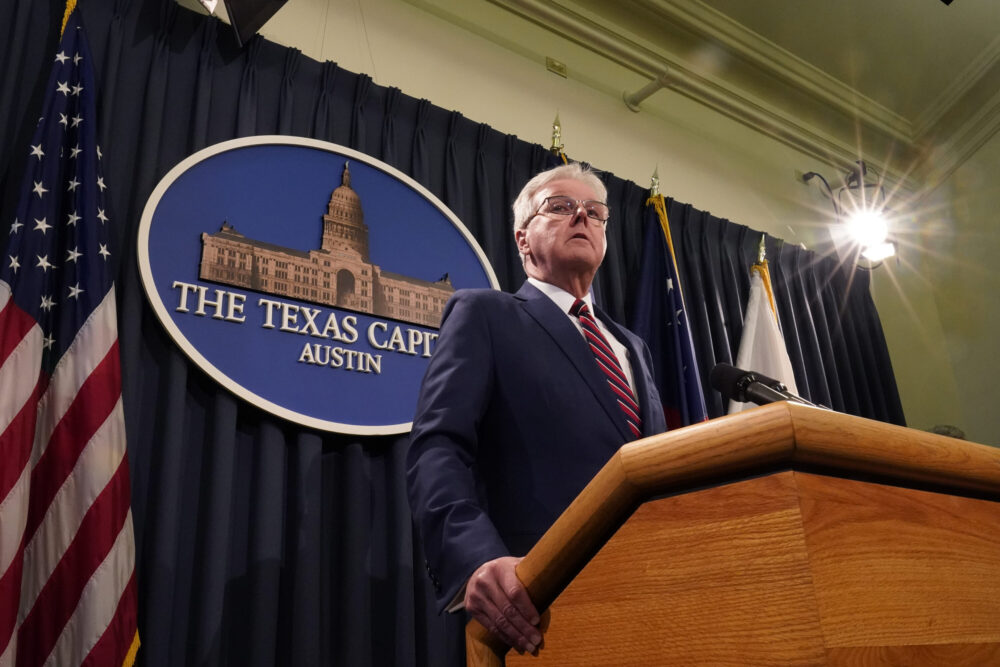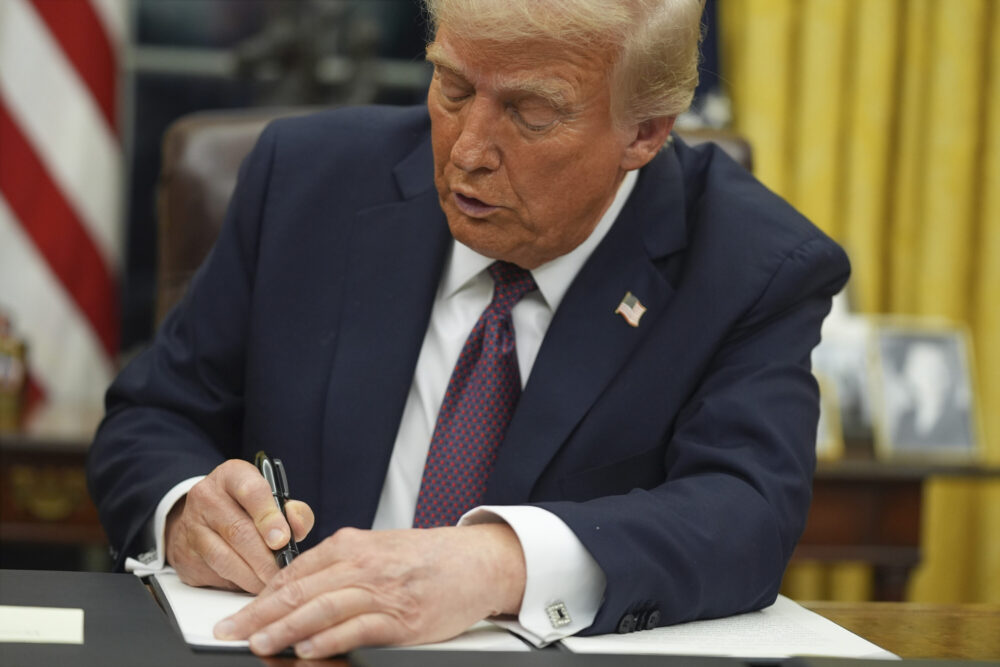Undocumented Texans made more contributions to Texas than they cost the state, according to a 2006 study conducted by Texas State Comptroller Carole Keeton Strayhorn.
According to Strayhorn, a Republican, “This is the first time any state has done a comprehensive financial analysis of the impact of undocumented immigrants on a state’s budget and economy,” the report begins.
Additionally, it was the final research of its kind conducted in Texas.
Since Strayhorn’s report was published eighteen years ago, the state has not carried out a comparable review or updated it. However, a number of investigations issued by colleges and charitable organizations have validated the findings of Strayhorn’s office.
In interviews and lawsuits contesting the federal government’s immigration policies, certain state Republican officials have frequently claimed that undocumented immigrants put a burden on state resources. These findings run counter to those claims.
According to Attorney General Ken Paxton, “Texans are generous and hardworking people, but the cost of illegal immigration is an unconscionable burden on the taxpayers of our great state,” in January 2021. “Texas will always welcome those who legally immigrate, but we cannot continue forcing taxpayers to foot the bill for individuals who skirt the law and skip the line.”
The findings also hint at the potential costs Texans may incur should the Trump administration fulfill its pledge to deport large numbers of unauthorized immigrants nationwide.
According to Strayhorn’s study, the state would have lost roughly $17.7 billion in gross domestic product—a gauge of the value of goods and services produced in Texas—had the 1.4 million undocumented immigrants who were residing in Texas in 2005 not been there.
“Blanket mass deportations would be devastating not only for Texas’ economy, but for Texas families,” stated Juan Carlos Cerda, the state director of Texas for the company executives’ pro-immigrant organization, the American Business Immigration Coalition. “We re talking about industries like construction, agriculture, health care, manufacturing that are growing but depend heavily on immigrant labor and many of these workers have been in the state for decades.”
Texas state leaders have been keen to assist President-elect Donald Trump in implementing his promised immigration crackdown as he gets ready to take office again. Trump’s pledge to construct a wall along the U.S.-Mexico border was a key component of his first campaign, which propelled him to office in 2016. He promised mass deportations this time.
Since winning, Texas Land Commissioner Dawn Buckingham has offered 1,400 acres in the Rio Grande Valley to the Trump government, which may be utilized as a staging ground for deportations.
About 11% of immigrants in the US call Texas home, and the state is home to an estimated 1.6 million illegal people, the second-highest number in the US after California.
According to a study conducted by Strayhorn’s office, undocumented Texans at the time generated approximately $1.6 billion in state revenue from taxes and other sources, which was more than the approximately $1.2 billion they received in state services like hospital care and public education.
Additionally, the investigation discovered that $1.4 billion in unpaid medical and law enforcement expenses “bore the burden” on local governments.
A few studies have since been conducted that came to similar findings.
According to a 2016 study by the Perryman Group, an economic and financial analysis business based in Waco, “Texas NEEDS THE WORKERS!!” lies beneath all of the commotion. After deducting the $3.1 billion Texas spent on undocumented Texans for public services including health care and education, the group’s analysis calculated that they contributed $11.8 billion to the state.
“There are a lot of factors to take into account, but the reality is that millions of jobs and billions of dollars in tax revenue are created by undocumented workers in Texas,” the report continued. A restrictive immigration policy will result in significant financial and economic losses; the best course of action would be to reduce these disruptions.
At Rice University’s Baker Institute for Public Policy in Houston, Jos Iv n. Rodriguez-Sánchez is a research scholar with the Baker Institute Center for the U.S. and Mexico. The economic advantages of undocumented Texans are greater than the costs to the state, according to a 2018 replication of Strayhorn’s findings.
“These documents demonstrate the significance of these individuals for the United States,” Rodriguez-Sánchez stated last week. “They are also not only good workers, but also they are paying taxes, buying houses or buying goods and commodities.”
In a 2015 bill he introduced while serving in the Texas House, state senator C. Sar Blanco, a Democrat from El Paso, attempted to mandate that the state comptroller’s office update the study on a regular basis. However, the bill made little progress.
In an interview, Blanco mentioned the non-state agency reviews and claimed that lawmakers may learn from the data.
“It’s important to realize that immigrants are part of the backbone of Texas’ economy,” Blanco stated. “Each state should study it.”
In 2013, Comptroller Glenn Hegarin stated that his office would either update Strayhorn’s analysis or carry out a comparable investigation.
In a statement at the time, he stated, “Texans clearly deserve to know what illegal immigration costs the taxpayers each year.” “Texas does require updated statistics in order to fully comprehend the consequences of illegal immigration to our state. My administration will take action, whether that involves performing a similar research or upgrading that particular one.
However, that hasn’t occurred. A request for response this week was not answered by his office.
The Texas Legislature has not formally requested that the agency look into the issue, a representative for Hegar’s office told the Dallas Morning News in 2021.
Disclosure: The Texas Tribune, a nonprofit, nonpartisan news organization supported in part by contributions from members, foundations, and corporate sponsors, has received financial support from Rice University and Rice University’s Baker Institute for Public Policy. The journalism of the Tribune is independent of its financial backers. A comprehensive list of them can be found here.
Note: Every piece of content is rigorously reviewed by our team of experienced writers and editors to ensure its accuracy. Our writers use credible sources and adhere to strict fact-checking protocols to verify all claims and data before publication. If an error is identified, we promptly correct it and strive for transparency in all updates, feel free to reach out to us via email. We appreciate your trust and support!



